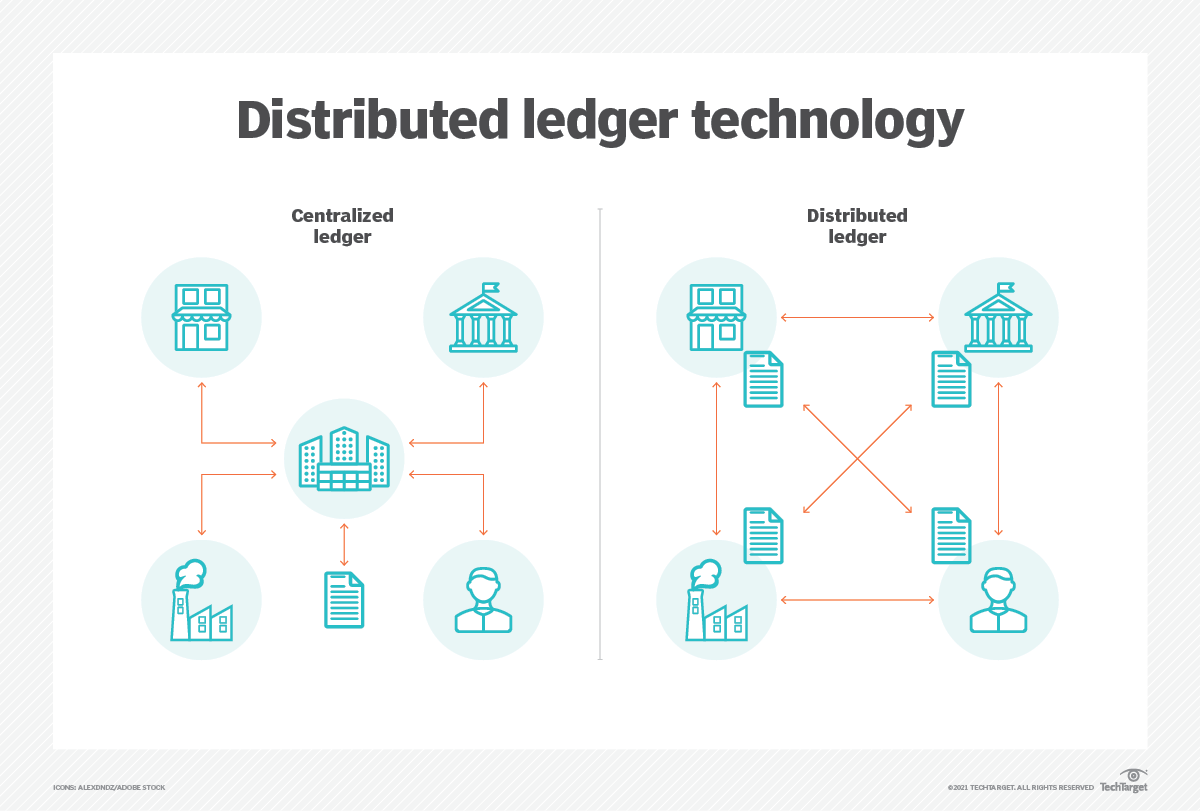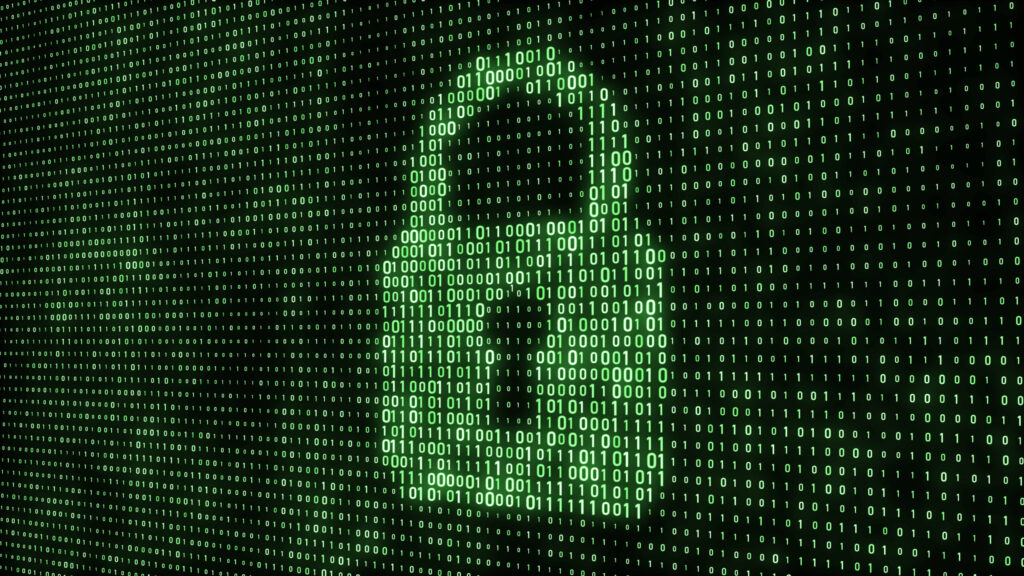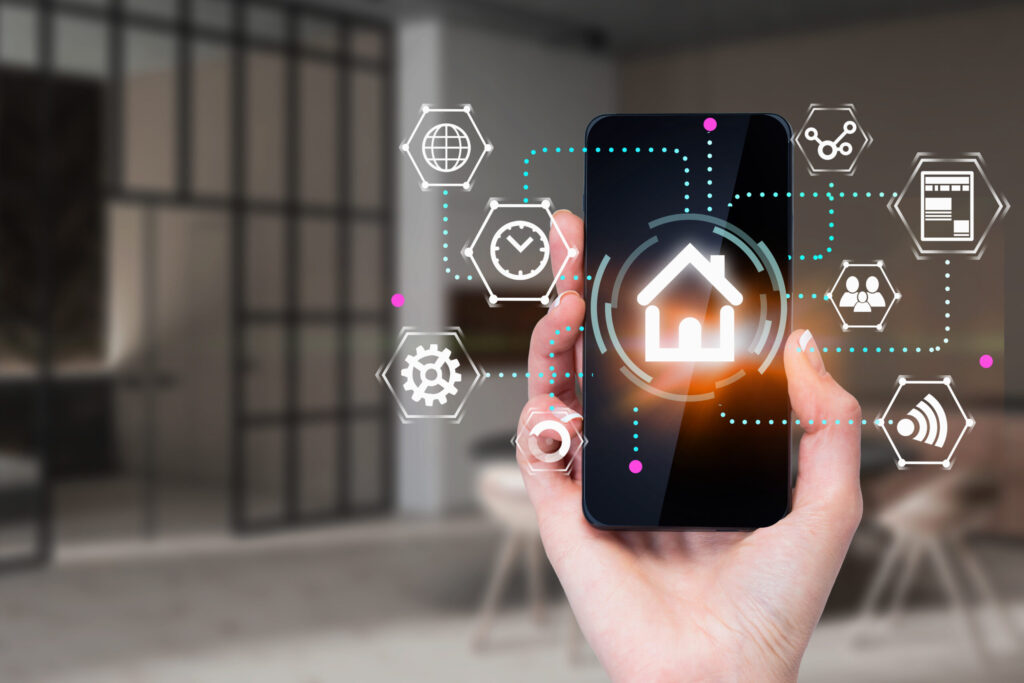In an era where technological advancements are continuously reshaping industries, one innovation stands out for its transformative potential: blockchain. Initially gaining recognition through its association with cryptocurrencies like Bitcoin, blockchain applications have expanded beyond digital currencies. It’s decentralized, transparent, and secure nature presents a unique solution to age-old challenges in various sectors.
One sector poised for significant disruption through blockchain is real estate, traditionally marked by lengthy transaction processes, inefficiencies, and a need for more transparency. As we delve deeper into the intricate relationship between blockchain and real estate, we’ll uncover how this technology promises to change the landscape of property transactions and ownership.
At its core, blockchain is a distributed ledger technology where data is stored across a network of computers rather than on a centralized server. From bringing unparalleled transparency to significantly reducing the time taken for transactions, blockchain technology has exhibited the promising potential to revolutionize how we buy, sell, and manage real estate.

Understanding blockchain and its key attributes
Blockchain is essentially a chain of blocks, but in the digital world. The ‘blocks’ are digital information, and the ‘chains’ are the public databases holding them together. In a decentralized system, no single entity holds authority over the entire network. Instead, control is distributed across the network, with all participants having equal access to the information recorded on the blockchain. However, even though blockchain transactions are visible to all participants on the network (due to blockchain’s transparency), specific transaction details can be masked. This is possible because what is visible on the blockchain is not the identity of the participants but some transaction details like the amount and the public key (the address).
In conjunction with the public key, there is also the private key. The private key is like the password that grants the holder access to their digital assets and is used to sign transactions originating from the public key. This contrasts with traditional real estate transactions, which often rely on a central authority or intermediaries – such as lawyers, brokers, or real estate agents – to verify and process transactions.
Every transaction recorded on the blockchain is visible to all network participants, ensuring a high level of transparency. In the context of real estate, this means that the history of a property – including past transactions, ownership changes, and any disputes – can be tracked accurately and reliably. Blockchain employs advanced cryptographic techniques to ensure that once a transaction is added to the blockchain, it can’t be altered. This provides a secure, immutable record of transactions; a feature that can prevent fraud and bring more trust into real estate transactions.
Deed Fraud is one of the most common types of fraud in real estate. This is where a fraudster forges an illegitimate deed for a property (primarily properties owned by the elderly or low-income homeowners) to effectively change ownership to themselves without the homeowner’s knowledge. Most fraudsters are successful with this scam because of the lack of safeguards within many County Recorders’ offices. If a document meets the legal requirements and the proper fees and taxes are paid, then most County Recorders’ offices must accept and record the document. Home title fraud had 11,578 cases reported in 2021, totaling more than $350 million. Now, consider deed ownership involving blockchain, a deed could never be fraudulently generated and transferred without the actual owner’s explicit approval.
The role of smart contracts in real estate
Smart contracts are self-executing contracts with the terms of the agreement directly written into code and are a central component of blockchain’s transformative potential in the real estate sector. They provide a more efficient, transparent, and secure way of conducting property transactions. Smart contracts operate on the blockchain network, automatically executing contractual obligations once pre-set conditions are met. Because they’re part of the blockchain, smart contracts share the benefits of the blockchain’s inherent properties: decentralization, transparency, and security.
The primary advantage of using smart contracts in real estate lies in eliminating intermediaries. Traditionally, transactions require the involvement of various third parties, including notaries, banks, and brokers, who ensure the deal’s legitimacy and add to the overall costs due to their fees and commissions.
Smart contracts can fulfill this role automatically, reducing costs, increasing speed, and simplifying the transaction process. Smart contracts have already found practical applications in real estate. For instance, some blockchain-based property platforms allow tenants and landlords to enter into rental agreements via smart contracts. In this context, a smart contract can govern the lease agreement, payments, and even automatic utility deductions, greatly simplifying property management.
The future of blockchain in real estate
The transformative potential of blockchain in real estate is immense, with several future developments and applications likely to further revolutionize the sector. However, as with any technological advancements, there are also anticipated challenges that need to be addressed to realize the full potential of blockchain in real estate. The most significant challenge by far will be the tokenization of real estate.
Tokenization involves tying a tangible asset to a digital token (or NFT) on a blockchain. This could enable more people to invest in real estate by purchasing tokens representing a fraction of a property, opening opportunities for smaller investors, and providing increased liquidity in the market. The biggest hurdle with tokenizing real estate is navigating the current regulatory structure within the real estate market and designing a system that works around it.
Addressing this challenge will require collaboration between technology providers, real estate professionals, and policymakers. Additional education and awareness about blockchain will drive its adoption in real estate.
Conclusion
With the inherent attributes of decentralization, transparency, and security, blockchain technology presents a new frontier in real estate. From reducing reliance on intermediaries and increasing transaction speed with smart contracts to enhancing transparency and security in property transactions, blockchain holds significant transformative potential for the real estate sector. While the full implications of blockchain in real estate are yet to be realized, there’s little doubt that this technology is set to redefine the property game. As we move towards an increasingly digital future, incorporating blockchain into real estate could streamline processes, increase efficiency, and democratize access, making property investment and ownership more inclusive. The property game is changing, and blockchain will lead the charge.













